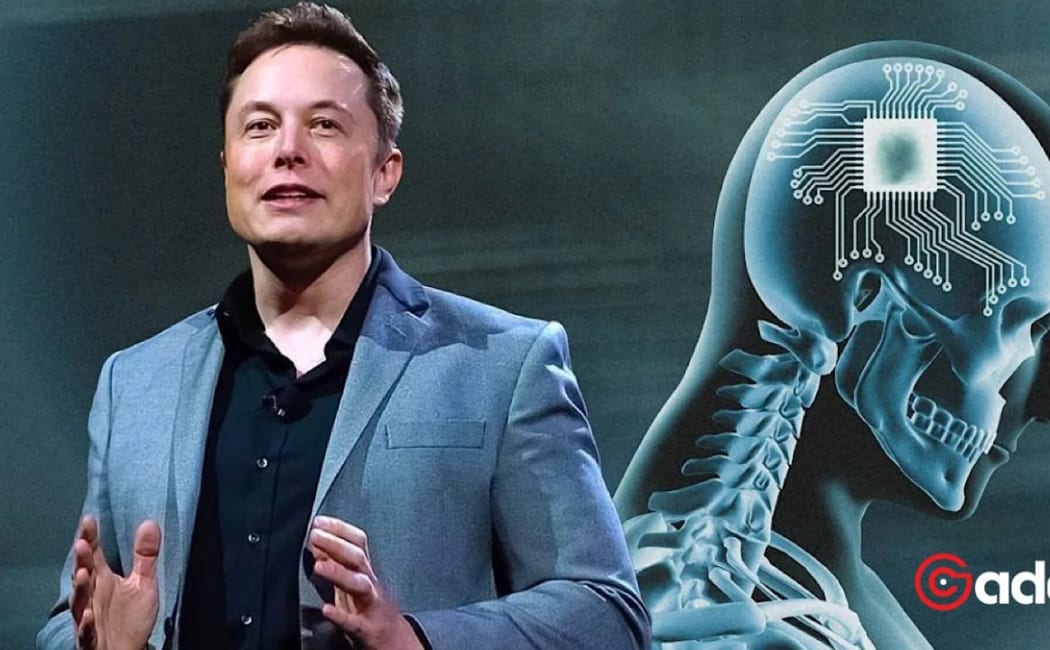Milestone Science News: Human Origins, Huntington’s Breakthrough & More This Week

A Week of Big Science: What Made Headlines
This week’s science landscape delivered jaw-dropping discoveries: our species’ timeline may stretch deeper than ever thought, a rare neurological disease met a promising therapy, and nature once again surprised us — from shark mating quirks to mammoth hybrids, not forgetting NASA’s bold asteroid ideas. Dive into the top stories shaping our view of the world.
1. Human Origins Rewritten: 400,000 Years Earlier?
A fossil skull from China, dating to nearly one million years ago, is forcing scientists to rethink when *Homo sapiens* began diverging from its ancient relatives. The specimen, known as **Yunxian 2**, was long considered part of Homo erectus, but new digital reconstructions suggest it may be closer to the Denisovan or *Homo longi* lineage. If correct, it pushes our evolutionary split back by some **400,000 years** relative to prior genetic estimates.
Traditionally, anthropologists have held that Homo sapiens diverged from Neanderthals and Denisovans around 600,000 years ago. But the Yunxian 2 analysis suggests that the branching event may have occurred more than a million years ago. This raises intriguing questions: Did our ancestral lineages originate outside of Africa? Was the common ancestor already present across Eurasia?
2. First Successful Huntington’s Gene Therapy Slows Progression by 75%
In a landmark medical achievement, a novel gene therapy called **AMT-130** has successfully slowed the progression of **Huntington’s disease**, a previously incurable neurodegenerative disorder, by **75%** over three years in early clinical trials.
Developed by uniQure and trialed in collaboration with University College London (UCL), the treatment works via a one-time surgical procedure that delivers a viral vector carrying a micro-RNA into key brain regions. This molecule silences the toxic mutant huntingtin protein responsible for the disease’s progression.
Though the number of participants was small (29), and long-term data is still pending, the results represent the first evidence that a therapy may **modify** the disease rather than only managing symptoms. Experts call it “world-changing.”
3. Shark “Threesome” Behaviors Spotted in Wild
One of the more light-hearted, yet still unexpected, discoveries: leopard sharks were filmed engaging in a three-way mating event on the seafloor — the first such observation documented in the species. Secretive marine behavior is notoriously difficult to record, making this a rare glimpse into shark social life and reproduction. (Original article)
4. NASA Outlines Plan to Blow Up Asteroid to Save the Moon
In a bold cosmic proposal, NASA scientists have put forward a scenario to **detonate an incoming asteroid (2024 YR4)** before it collides with the Moon. The rationale: a lunar impact could send debris and shockwaves toward Earth, endangering satellites, the International Space Station, and other systems. Though it sounds like science fiction, the idea is grounded in orbital physics, risk modeling, and planetary defense strategies. (Original article)
5. Mammoth Hybrids: Colliding Lineages Across Millennia
New fossil research from Canada shows repeated interbreeding among different mammoth species over thousands of years. These **hybrid mammoths** challenge simplistic views of species isolation and adaptation during past climate shifts. Their mixed genetic heritage offers insights into how large mammals responded to Ice Age pressures. (Original article)
Featured Insight: Why Are We So Smart? The Brain’s Bump Story
Humans today carry one of the most complex brains in the animal kingdom — a structure enabling language, abstract reasoning, imagination, and self-awareness. But how did we get here? A compelling theory emerging in neuroscience points to a **cranial bump or bulge** in early hominins, which may have facilitated faster neural rewiring and cortical expansion. We explore how early brain morphology may have birthed intelligence, cognition, and what makes *Homo sapiens* uniquely smart. (Original interview & coverage)
Conclusion: A Week That Redefined Time, Health & Nature
From deepening our view of human ancestry to breaking new ground in genetic medicine, this week’s science news reminds us that knowledge is never settled. Whether rewriting evolution’s timeline or showing hope for Huntington’s patients, these advances challenge assumptions and open fresh paths forward. As we await more data and confirmation, they also underscore how much remains to be discovered — in our past, our biology, and the cosmos.
* To stay updated — get curated science news delivered weekly and dive deeper into each story with original sources.
